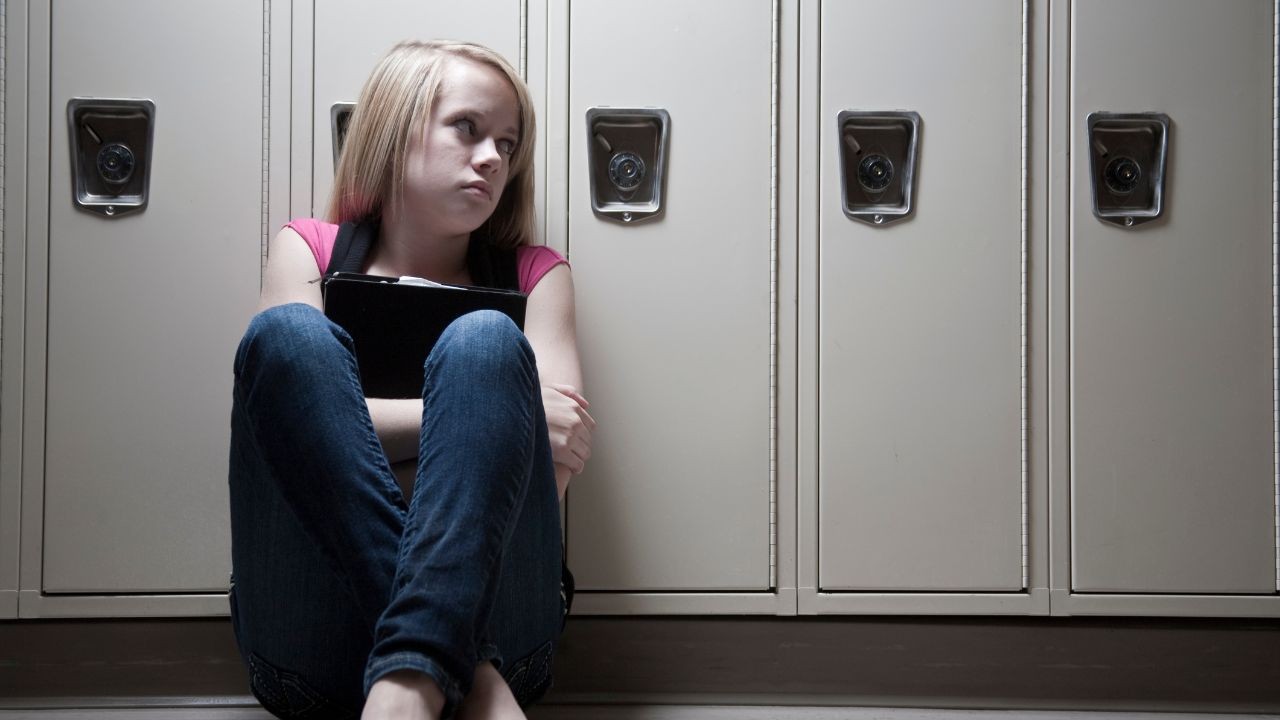
This topic is close to my heart, both as a medical doctor and as a parent.
We often talk about the importance of mental health education in schools. Still, today, I want to explore something more nuanced and personal: the delicate balance between the roles of schools and families in a child’s mental health.
Let’s start with a truth that many of us know deep down: mental health begins at home.
As a parent of a two-year-old, I see firsthand how much of my child’s world is shaped by what happens within the walls of our home.
The safety, love, and support we provide lay the foundation for how they will understand and manage their emotions as they grow.
But what happens when that foundation is shaky?
As a psychiatrist, I’ve encountered many adults who trace their mental health struggles back to their childhood. These struggles often didn’t start in school; they started at home, in the very place that should have been their sanctuary.
For some, school became the refuge, the place where they finally began to understand that the way they felt wasn’t their fault, that there were words for what they were experiencing, and that there was help.
Let me share a story, one that might resonate with you.
There was a young girl I once worked with, let’s call her Lina. Lina was quiet, often anxious, and struggled to connect with her peers.
At home, she lived in an environment where her emotional needs were overshadowed by her parents’ own struggles. There was love, yes, but it was buried beneath layers of stress and unspoken tension. School was her escape, a place where she could breathe a little easier.
It was a teacher, who noticed Lina’s withdrawn behavior, who gently brought her into a conversation about feelings. In that moment, school became more than just a place for learning math and science. It became a lifeline.
This is where the conversation becomes complicated. Because while I believe that mental health education should start at home, I also recognize that not every home is equipped to provide it.
That’s the world we live in, where the line between school and family responsibility can blur, often out of necessity.
As a parent, it’s my deepest hope that my child grows up in a home filled with emotional safety.
But I also know that life can be unpredictable, that even in the best of circumstances, challenges arise.
That’s where schools can play a crucial role—not as a substitute for what should be happening at home, but as a support system that catches the children who might otherwise fall through the cracks.
So, where does the responsibility of the school begin and end? It’s a question that doesn’t have a simple answer. But maybe it’s not about drawing a hard line between what’s a school’s responsibility and what’s a family’s.
Maybe it’s about acknowledging that both have vital roles to play.
When I talk to other parents, many of them share similar concerns. They wonder if they’re doing enough to prepare their children emotionally.
They worry about the pressures that their kids face at school. And sometimes, they feel overwhelmed by the idea that they need to have all the answers.
But here’s the thing: we don’t need to have all the answers, and we don’t have to do it alone.
We’re all learning as we go, as parents, as educators, as human beings. What we can do is create environments—both at home and at school—that are open, supportive, and willing to engage in difficult conversations.
Let’s think of mental health education as a bridge between home and school.
At home, we can lay the groundwork by being present, by listening, and by teaching our children that their emotions are valid.
At school, educators can build on that foundation, providing tools and knowledge that children might not be getting at home.
And for those children who don’t have the privilege of a stable, supportive home environment?
Schools can become a beacon of hope. They can offer a glimpse into what’s possible, showing children that there’s a world beyond the walls of their home where they can find understanding and support.
So, I want to invite you into this conversation.
As a parent, as a professional, what do you think the role of the school should be in your child’s mental health?
Where do you see the boundaries between what we teach at home and what schools can provide?
There’s no right or wrong answer here, just a shared journey towards finding the best way to support our children’s mental health together.
I’d love to hear your thoughts in the comments.
Best,
Florina
Get My Blog Posts Right in Your Inbox Every Week
Make your mental health a priority. Receive tips and strategies for living well – mentally, physically, and emotionally – every week.
Get My Free Guide: 7 Cheap, Simple Strategies for Boosting Your Brain Performance
Better focus – clearer memory – faster cognition – more mental clarity – improved intellect…
Your brain is capable of beautiful things. If you don’t think you’re getting the most out of your cranial supercomputer, you can reap the benefits of these 7 simple strategies for the low, low price of “free.”